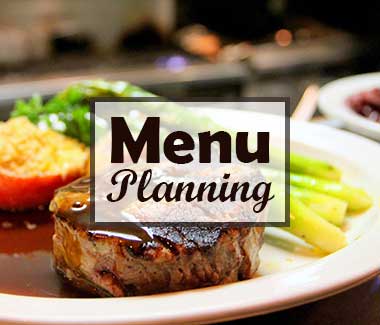muslim dining etiquette
prohibited food & drink
- Pork
- Gelatine from animal source which is not halal
- Meat that is not slaughtered in the prescribed Islamic way
- Meat from a lawful animal that died before slaughter
- Blood
- Any food or drink with alcohol in it
- Any human substance or part
- All carnivorous animals and birds of prey
food laws and beliefs
Eating is a matter of faith in Islam. Muslim dietary practise is fundamentally about obeying God. All practising Muslim believers obey God Almighty by eating the allowed foods (halal) and avoiding the forbidden foods (haram) which are mentioned in the Qur’an and in the sayings of the final prophet Muhammad (Peace Be Upon Him).
The following are a list of Muslim dietary practises.
vegetarianism
All types of fruit and vegetable (when grown naturally and not genetically modified) by Islam.
Grapes, dates, figs, pomegranate, pulse and cereal are also acceptable.
Honey and olive oil are prescribed as medicinal.
There is no prohibition to be vegetarian in Islam, but any practising Muslim will come across meat on many Islamic occasions when meat is provided.
feasts and fasting
Feast days (dates vary according to the lunar calendar) include
Eid al-Fitr (after finishing the fasting months of Ramadan),
Eid al-Udha, and
Maulud n'Nabi (the birthday of the Prophet Mohummmad – some Muslims do not celebrate this).
Fasting is considered an opportunity to earn the approval of Allah, to wipe out previous sins, and to understand the suffering of the poor. Fasting is also partly to be in control of appetite and to avoid food addiction. It is the fourth ritual observance in the Five Pillars of Islam.
Fasting includes abstention from all food and drink from dawn to sunset. Voluntary fasting is common on Mondays and Thursdays (it is undesirable to fast on certain days of the months and on Fridays).
Ramadan, the ninth month of the Muslim calendar, is a mandatory fasting period that commemorates the period when the Qur'an was first revealed to Prophet Muhammad. During Ramadan, Muslims abstain from food and drink (and sex) from before the break of dawn until sunset.
Muslims are encouraged to fast
- six (6) days during the month of Shawwal (the month after Ramadan),
- on the 10th day of Muharram (the first month in the Islamic calendar), and
- on the 9th day of Zul Hijjah (the month of Hajj - pilgrimage).


